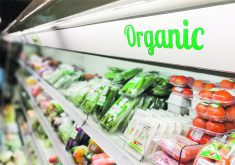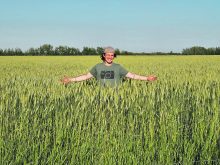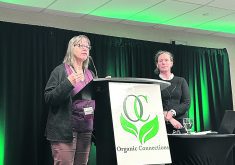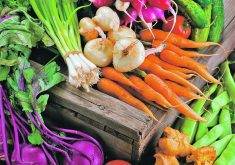Organic acres have leveled off in Western Canada.
From 2017 to 2019, certified organic acres have been around 1.7-1.8 million.
That’s up significantly from the early 2010s, when acreage was around 1.3 million, but the period of rapid growth in the organic sector may have stalled out.
In early October, the Canadian Organic Trade Association released a report on organic agriculture in the Prairies. The data shows that acreage dropped from 2018 to 2019.
Read Also
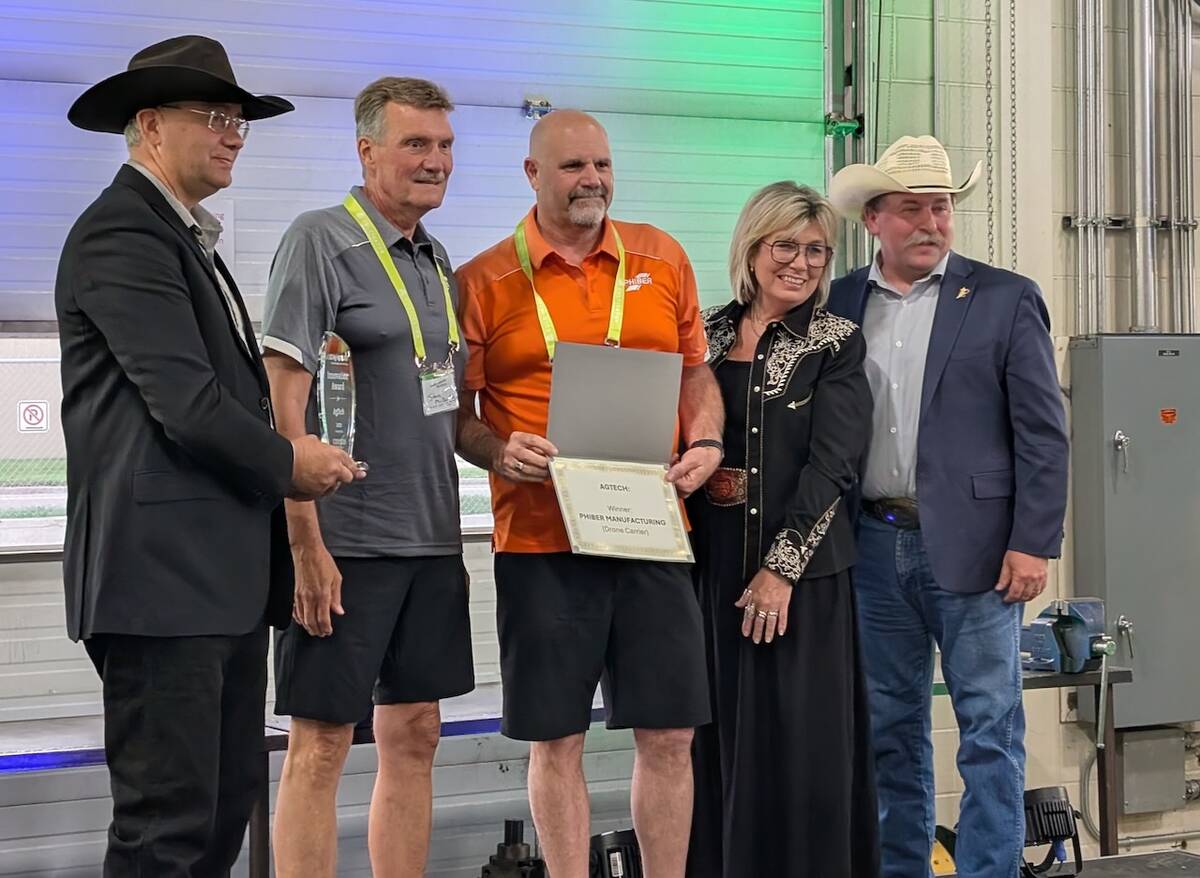
Ag in Motion innovation awards showcase top 2025 ag technology
The 2025 Ag in Motion Innovation Awards celebrated winners across five categories: agronomics, agtech, business solutions, environmental sustainability and equipment.
“Between 2014 and 2018, prairie organic farm numbers and acres grew at a significant rate, but growth slowed in 2019,” the report says. “Saskatchewan demonstrated the largest acreage decline, with 119,099 fewer acres.”
Alberta lost about 6,200 organic acres and Manitoba gained 6,500.
In Saskatchewan, a one-year decline in acres probably doesn’t represent a trend.
It’s possible that several farmers retired, cutting into organic acres and production.
But folks in the sector are thinking about sustainable growth. Producers don’t want a rapid expansion in organic wheat, flax, oats, pulses and other crops because a boom could affect prices of organic grains.
“You want to make sure you’re always building consumer demand, so you’re not oversupplying and depressing prices,” said Marla Carlson, executive director of SaskOrganics.
“At SaskOrganics… we’re very mindful of that.”
That’s a different mindset from the mid-2010s.
Back then, organic leaders and associations on the Prairies were recruiting farmers to try organic. A key part of their argument was the opportunity to make more money.
A document from 2015, published by organic certifier Pro-Cert, pointed out that organic grain prices were two to three times higher than conventional crops.
Organic spring wheat was priced at $22.00 per bu. in the report, 389 percent higher than conventional spring wheat at the time.
The extreme price premiums for organic have dissipated. In September, Organic Biz, an online publication, said organic hard red wheat was selling for $13-$14 per bu.
The incredible prices of four to five years ago encouraged more production in Eastern Europe and elsewhere.
“We’re operating in a global marketplace. There’s an increase in acres in the U.S., companies are buying from other countries,” Carlson said from her office in Regina.
“The consumer demand (for organic) continues to increase. But global supply also continues to increase.”
With more competition in the global organic market, western Canadian farmers may need to identify their advantage over other countries and regions.
Maybe their edge is cost of production.
At an organic meeting in Brandon this March, several speakers mentioned the importance of boosting yields.
“I’m really happy that we’ve got some people talking about producing good yields in organic,” said Martin Entz, University of Manitoba plant science professor who specializes in organic cropping systems. “For a long time… there were a lot of poor organic crops.”
Growth in organic production may be slowing in Western Canada, but there was some positive news in the prairie organic agriculture report.
The number of organic processors, like grain handlers, brokers, buyers and exporters, is continuing to expand. In 2014 there were 225 such businesses on the Prairies. In 2019 there were 292.
“That’s been the biggest growth area, for us, in the province,” Carlson said.
“In the last five (years) we’ve had more new buyers come in…. Some are large, multi-national companies who are getting into organics as a niche part of their business.”







